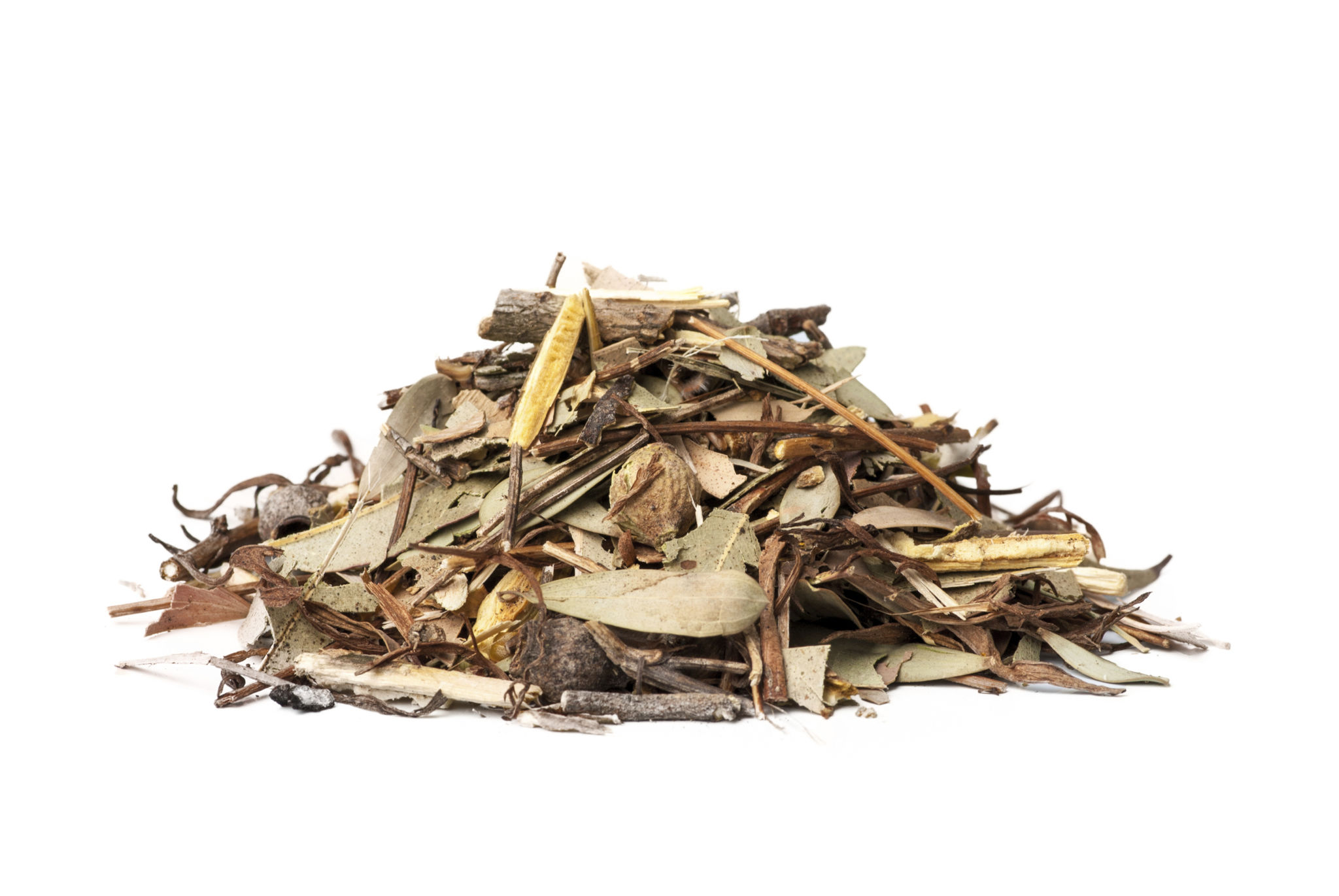Eco-Conscious Gardening: Sustainable Practices for Edible Gardens
Introduction to Eco-Conscious Gardening
Eco-conscious gardening involves nurturing your garden in ways that minimize environmental impact. By adopting sustainable practices, you can grow a bountiful edible garden while promoting biodiversity and conserving resources. This approach not only benefits the planet but also enhances the quality and health of your produce.
Understanding Soil Health
The foundation of any thriving garden is healthy soil. To maintain it, consider using organic compost and natural fertilizers. Composting kitchen scraps and yard waste creates nutrient-rich soil, reducing the need for chemical fertilizers. This practice supports beneficial microorganisms that are essential for plant health.

Water Conservation Techniques
Water is a precious resource, and conserving it is crucial in eco-conscious gardening. Techniques like rainwater harvesting, drip irrigation, and mulching can significantly reduce water usage. Collecting rainwater in barrels allows you to water your garden without relying on municipal sources, while drip irrigation delivers water directly to plant roots, minimizing evaporation.
Mulching not only conserves moisture but also suppresses weeds and regulates soil temperature. Use organic materials such as straw, wood chips, or shredded leaves to create an effective mulch layer.
Choosing Native and Heirloom Plants
Selecting the right plants for your garden is vital for sustainability. Native plants are adapted to local climates and require less water and maintenance. Additionally, heirloom varieties are not only rich in flavor but also help preserve genetic diversity. These plants are often more resilient to pests and diseases.

Integrated Pest Management
Eco-conscious gardening emphasizes natural pest control methods. Integrated Pest Management (IPM) involves using biological controls like beneficial insects, companion planting, and cultural practices to manage pest populations. Planting marigolds or basil alongside tomatoes can deter harmful insects naturally.
Encouraging beneficial insects such as ladybugs or lacewings can help keep pest numbers in check. Avoid chemical pesticides, which can harm beneficial species and disrupt ecosystems.
Reducing Garden Waste
Minimizing waste is a key component of sustainable gardening. Practice crop rotation to maintain soil fertility and prevent nutrient depletion. Repurpose garden waste by creating your own compost or using plant clippings as mulch.

Conclusion
By implementing eco-conscious practices in your edible garden, you contribute to a healthier planet while enjoying fresh produce. Embrace these sustainable techniques to cultivate a thriving garden that supports biodiversity and conserves resources for future generations.